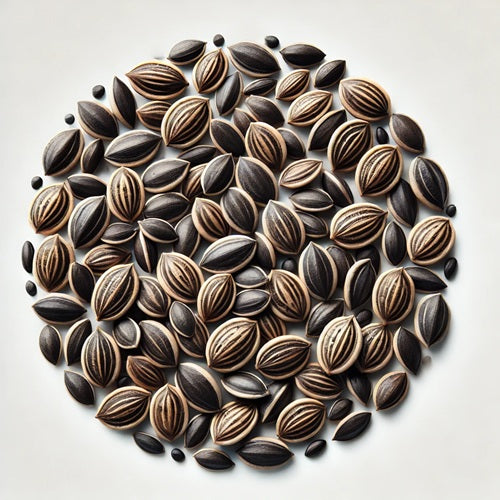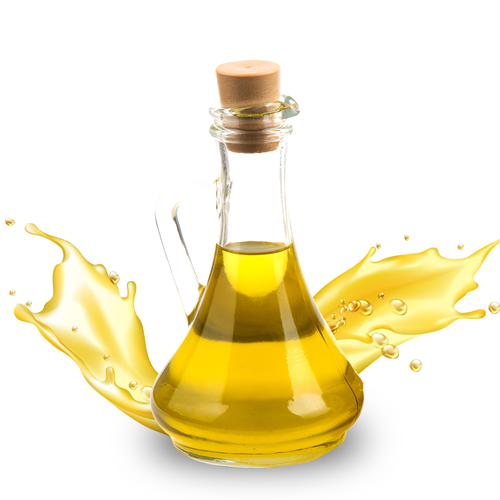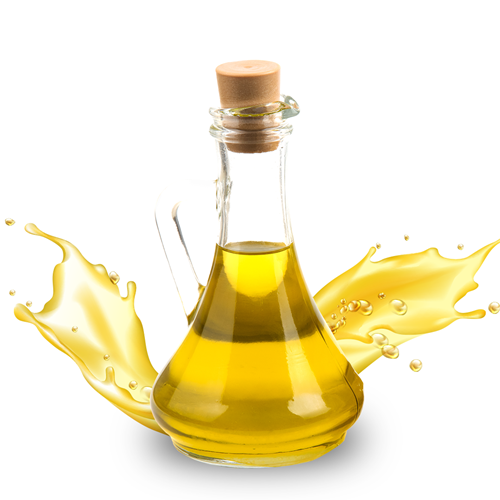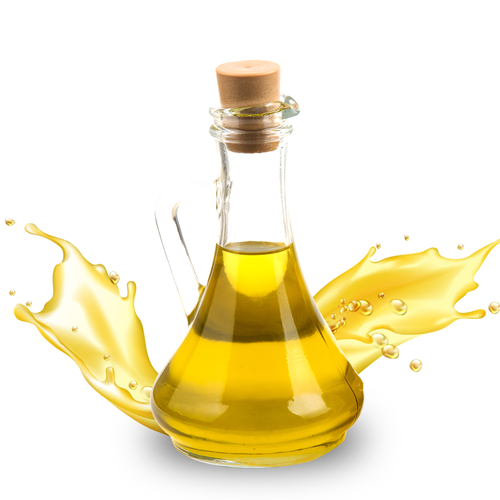Menu
Add description, images, menus and links to your mega menu
A column with no settings can be used as a spacer
Link to your collections, sales and even external links
Add up to five columns
Add description, images, menus and links to your mega menu
A column with no settings can be used as a spacer
Link to your collections, sales and even external links
Add up to five columns
LOOKING FOR BULK INGREDIENTS PRICING?

Benefits of Watermelon Seeds - Wholesale B2B Bulk Suppliers in Europe
Watermelon Seeds: A Crunchy Powerhouse of Nutrition and Health
Watermelon Seeds, often overlooked and discarded, are actually a powerhouse of essential nutrients and plant-based compounds. Extracted from the delicious and hydrating Citrullus lanatus fruit, these small black or white seeds offer a wide range of health benefits when consumed in dried, roasted, or sprouted forms. In many cultures, watermelon seeds have long been used in traditional medicine and cuisine for their rich protein, healthy fat, and mineral content.
Botanical Profile
-
Botanical Name: Citrullus lanatus
-
Family: Cucurbitaceae
-
Plant Part Used: Seeds
-
Color: Black, brown, or off-white (when shelled)
-
Taste: Mild, nutty, and crunchy
-
Common Names: Watermelon Seeds, Tarbooj Beej, Citrullus Seeds
Nutritional and Health Benefits of Watermelon Seeds
-
High in Protein
Watermelon seeds are an excellent plant-based source of protein. Just a handful of roasted seeds can provide up to 8 grams of protein, supporting muscle repair and overall body function. -
Rich in Healthy Fats
These seeds contain beneficial monounsaturated and polyunsaturated fatty acids, which help reduce bad cholesterol levels and support heart health. -
Packed with Minerals
Watermelon seeds are a good source of magnesium, iron, zinc, and potassium—minerals essential for energy production, immune support, and maintaining electrolyte balance. -
Supports Heart Health
The combination of magnesium, healthy fats, and amino acids in watermelon seeds helps maintain cardiovascular function and may reduce the risk of heart disease. -
Boosts Skin and Hair Health
Zinc and magnesium present in the seeds contribute to healthy skin and hair by supporting collagen synthesis and promoting cell regeneration. -
Aids in Blood Sugar Regulation
Some research suggests that the magnesium in watermelon seeds plays a role in blood sugar metabolism, making them helpful for those managing glucose levels.
Common Uses and Applications
-
Eaten roasted as a crunchy snack
-
Added to salads, trail mixes, or granola
-
Ground into flour for baking or thickening
-
Blended into smoothies or energy balls
-
Used in traditional herbal decoctions or powders
How to Use
Watermelon seeds can be consumed raw, though they are more digestible when roasted or sprouted. Hulled (white) seeds are easier on digestion and can be ground or incorporated into various dishes. A daily intake of 1–2 tablespoons is considered beneficial.
Precautions
While generally safe, watermelon seeds are calorie-dense, so moderation is key. People with nut or seed allergies should be cautious and consult with a healthcare provider before adding them to their diet.
Final Thoughts
Watermelon Seeds are a hidden nutritional gem—rich in protein, healthy fats, minerals, and antioxidants. They offer a simple, natural way to boost energy, support metabolic health, and enhance skin and hair wellness. Instead of tossing them out, consider embracing watermelon seeds as part of your regular superfood routine.
For bulk orders and inquiries, visit Reveda - Watermelon Seeds
BUY ONLINE IN USA FROM REVEDA - The leading manufacturer B2B Bulk Wholesale Supplier of Watermelon Seeds in Europe.
Also in Reveda: Health & Wellness

Benifits Of Omega-3 Fish Oil EE - 460 MG/G EPA & 180 MG/G DHA - Wholesale B2B Bulk Suppliers in USA
Read More
SUBSCRIBE NOW ...
Don't miss to get latest updates on sales, new releases and promotions

